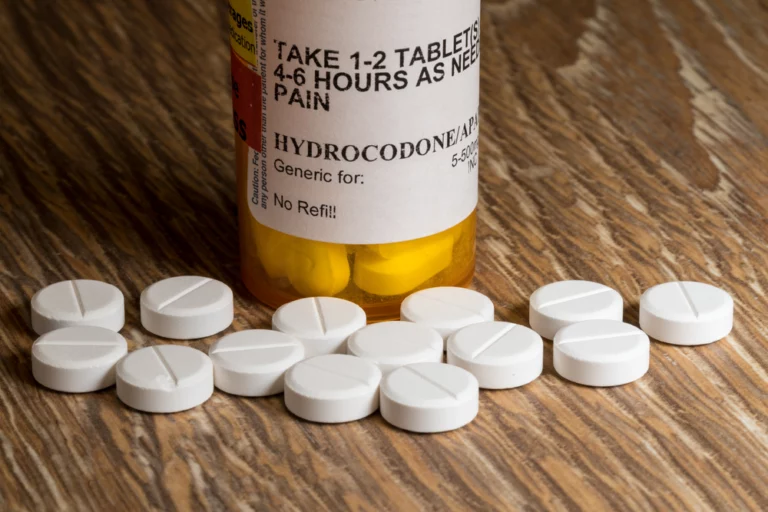The Importance of Rehab for Professionals
In today’s society, being a working professional is almost double-edged. While it may seem like a great thing because of the excellent benefits and opportunities that come with establishing a professional career, rehab for professionals can be tricky. Working professionals have a lot of responsibilities and obligations to fulfill on an everyday basis. This means spending long hours at the office, attending meetings and events after work, traveling frequently for work-related reasons, and so on. This can be extremely taxing on anyone, especially if they are dealing with drug or alcohol addiction at the same time.
Working professionals put in more hours than other people as well as travel frequently for work-related functions. These things make it much harder to uncover help for addiction problems when you’re dealing with them. Fortunately, there are plenty of good rehab centers that cater specifically to working professionals who want to get back on track with their lives again. Keep reading to learn more about why this type of rehab is so important for working professionals.
Professionals Struggle to Find Time For Rehab
Working professionals often have very hectic schedules that prevent them from having enough time for themselves. If a person is suffering from an addiction, it’s essential that they take the time to look for help. Unfortunately, this is much easier said than done. If you work long hours at the office, you don’t have time to look for help. If you have attended treatment before, you know that it takes a lot of time.

After all, you have to travel to and from the treatment center, perform at work, take care of your responsibilities at home, and so on. Working professionals struggle to find time for rehab for many reasons. It’s difficult for them to take time off from work, their schedules are incredibly hectic when they’re not working, and other obligations don’t allow for a lot of free time either. Fortunately, some addiction treatment programs provide the assistance addicts need without requiring them to quit their jobs.
Professional Careers Can Be Self-Destructive
In many cases, professional careers can be self-destructive. That’s because they often come with high expectations, heavy workloads, and unhealthy working conditions. All of these things can lead to serious issues like anxiety, depression, and substance abuse problems.
You might have chosen a career path that doesn’t suit your personality or skill set. Or, you could be working in a toxic environment that is making you feel inadequate or unworthy. These things can really take a toll on your mental health and your ability to cope with life. Working professionals who are heavily involved in toxic environments likely drink more as a coping mechanism. They might be expected to attend frequent social events during which alcohol is served. This provides a dangerous opportunity for alcohol addiction to start developing.
Working Professionals Are More Vulnerable To Substance Abuse
If you’re a working professional and you suffer from an addiction, the pressures and obligations of your job can make it even worse. Working long hours, attending social events where alcohol is served, and dealing with the stress of your job are all examples of how working can exacerbate addiction struggles. Working professionals often switch to alcohol or drugs for recreational purposes.
This can quickly turn into an addiction if left untreated. Working professionals who have this problem may have a very difficult time quitting without professional help. Working professionals are more likely to abuse substances because they are exposed to them more often. This can include colleagues who drink at work, friends who invite you out to social events where alcohol is served, and other factors.

Long Hours And Travelling Are A Bad Combination
Long hours at the office combined with traveling frequently for work-related reasons can put a lot of pressure on the working professional. This can lead to serious issues like stress and anxiety, which are common causes of substance abuse. Working professionals who travel frequently might drink more often than usual. They may also start drinking more heavily because it helps them to cope with being away from home and loved ones for so long.
Working professionals who work long hours and travel often might find it very difficult to quit an addiction on their own. After all, they likely have little time for other things outside of work and their travel schedule can make it even more difficult to quit. Working professionals who travel often for work might benefit from residential rehab. This allows them to live at the treatment center for the duration of their stay. It also gives them more time to focus on the treatment process without being interrupted by work obligations.
Fear of Stigma
When battling the stigma of going to rehab as a working professional, it’s important to prepare yourself for the unfair judgments you may face. You may be hesitant to tell anyone at work that you’re going to rehab. You may be worried about the judgment or stigma you may face from your supervisors or co-workers. You may even be concerned that you might be let go from your job if you tell your boss or HR department that you need to go to rehab.
Even if you work for a company that allows employees to go to rehab and have insurance that covers treatment, you may be worried about losing your job if you admit to having a problem. While it is illegal for an employer to terminate you for having a substance abuse problem, this doesn’t mean that it doesn’t happen. There have been many instances where employers have fired employees who have been diagnosed with a substance abuse disorder.
Why it’s Important to Take a Break from Work and Go to Rehab
While it’s important to go to work every day, it’s also important to take a break from work and go to rehab. In many ways, taking time off work to go to rehab is just like maintaining your own health at work. Working too much, staying in an unhealthy environment, and not taking time to heal after an injury or illness can take a toll on your physical and mental health. Taking a break from work and going to rehab can help you recover and maintain your health over the long term.
There are a few reasons why it’s important to take a break from work and go to rehab. First, it’s important to give your mind and body a rest and recover from any health issues you may have been dealing with. Second, taking a break from work and going to rehab gives your body time to heal, recover, and repair itself. Third, taking a break from work and going to rehab gives you time to reflect and decompress so that you can come back with a fresh perspective and renewed energy.

How Taking Breaks Helps You at Work
When you take breaks while you’re working, you give yourself a chance to relax, regroup, and recharge. By taking breaks, you can help avoid burnout and stay focused on the task at hand. When you go to work and don’t take breaks, you run a higher risk of reaching your physical and mental limits earlier in the day.
When you take breaks, you give yourself a chance to slow down, relax, and think about something other than your work. You can also use breaks to rest or do something rejuvenating so that you can come back from your break feeling refreshed and reenergized.
Trust Oasis Recovery Center
Working professionals often find themselves in a difficult position when they are trying to quit an addiction. They may have a toxic environment at work or have too many obligations outside of work that prevent them from having enough time to look for help. Fortunately, we can offer help without requiring you to quit your job.
Addiction can affect anyone. If you or a loved one are currently living with a substance use disorder, help is available! We encourage you to reach out to the professionals at Oasis Recovery to learn more about our personalized treatment programs and mental health services.
Oasis Recovery was founded from firsthand experience of addiction and recovery, with a mission of providing a space where people can heal from addiction in a compassionate, creative, open-minded, and heart-centered environment. We believe recovery is always possible. Our experts work with you to design a treatment plan that fits your needs. Common treatment programs include:
- Intensive Outpatient Programs (IOP)
- Full-time Addiction Treatment on campus
- Aftercare Services
Contact us today for more information about how our programs and services can help you get your life back on track. You no longer have to struggle with this on your own. We are here to help.









